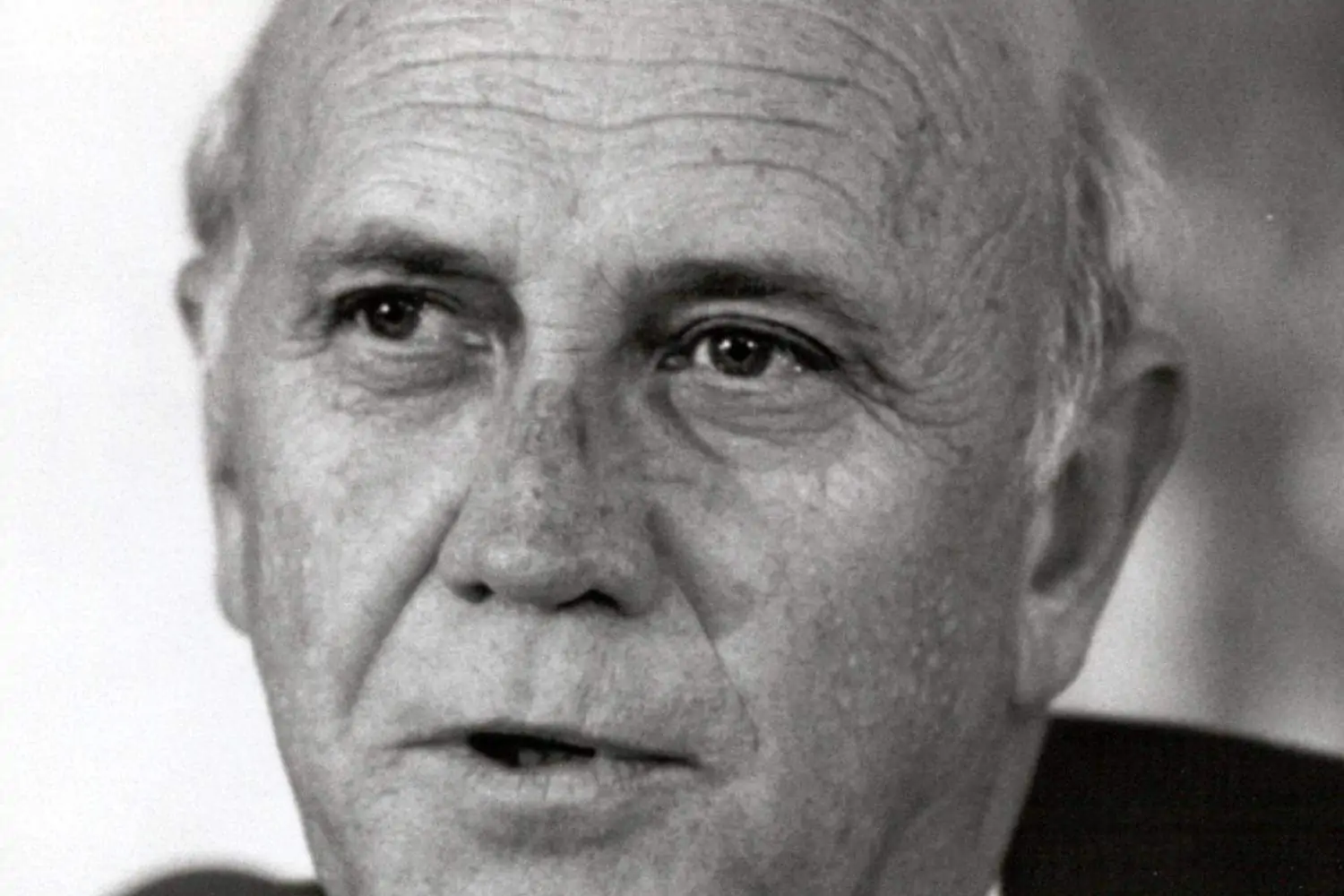Former president FW de Klerk passed away on Thursday and social media commenters seem to think EFF leader Julius Malema was jovial about the news.
Was this tweet celebrating FW de Klerk death?
Social media has been abuzz with polarising reactions to the passing of South Africa’s last apartheid president. The FW de Klerk Foundation confirmed the news in a statement, where it was revealed that the 85-year-old “died peacefully at his home in Fresnaye earlier this morning following his struggle against mesothelioma cancer.”
“Mr De Klerk was 85 years old. He is survived by his wife Elita, his children Jan and Susan and his grandchildren. The family will, in due course, make an announcement regarding funeral arrangements,” the statement read.
One of the first political leaders to react to the news was Malema, who has, over the years, been vocal about his dissent over De Klerk’s esteemed status in Parliament.
In a tweet that has since gone viral, the Red Berets’ commander-in-chief ‘thanked god’ with no further reference on his excitement.
Social media commenters were quick to link the tweet to the news of De Klerk’s death. Suffice it to say, many South Africans were not pleased with Malema.
De Klerk’s legacy marred by apartheid culpability
De Klerk was a polarising figure in South African politics, to say the least.
Born in 1936, De Klerk’s path to politics was paved by his father, Jan, a staunch member of the National Party (NP) and the eldest son of Reverend Willem de Klerk, a Dutch Reformed Church minister and his wife Aletta Johanna van Rooy.
De Klerk was raised in a largely conservative household in Johannesburg and in 1958, he followed in his father’s footsteps and obtained a degree from the North West University (formerly known as Potchefstroom University), albeit his was a honours in law.
After a stint providing legal services in Vereeniging, De Klerk joined the NP and quickly rose in the ranks. By 1979, he’d become a minister, managing the mines and energy affairs portfolio. He also served in these ministries:
- internal affairs (1982–85); and
- national education and planning (1984–89)
De Klerk was the first NP member to defeat PW Botha’s re-election attempts and in 1989, he became the last apartheid president.
Much of the reason behind his awarding of the Nobel Peace Prize in 1993 came as a result of his contribution towards the realisation of a democracy in South Africa.
However, even with his concession to international pressures at the time, which ultimately forced his government into retreat, De Klerk remains a figure loved by some and despised by many.
At the time of his death, the 85-year-old served on the boards of his foundations.
